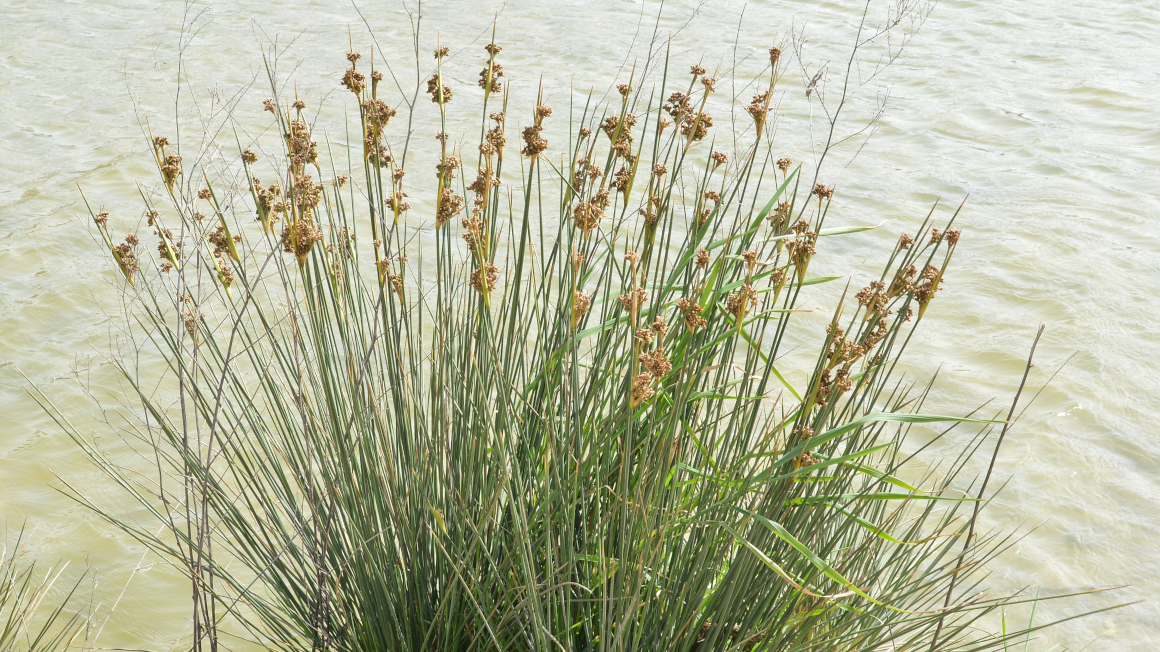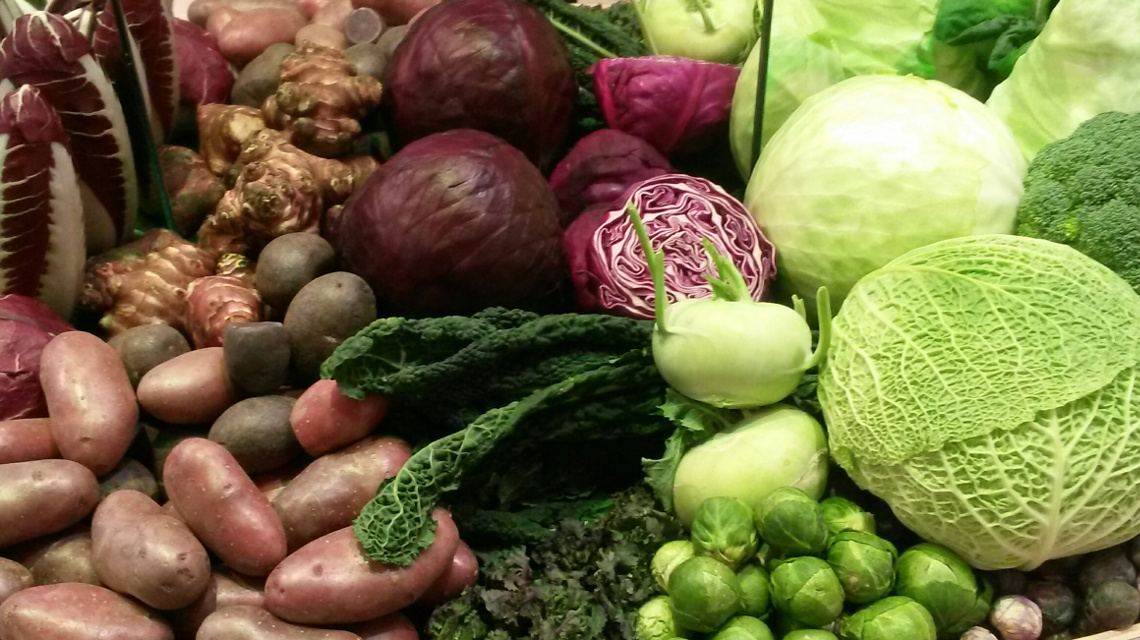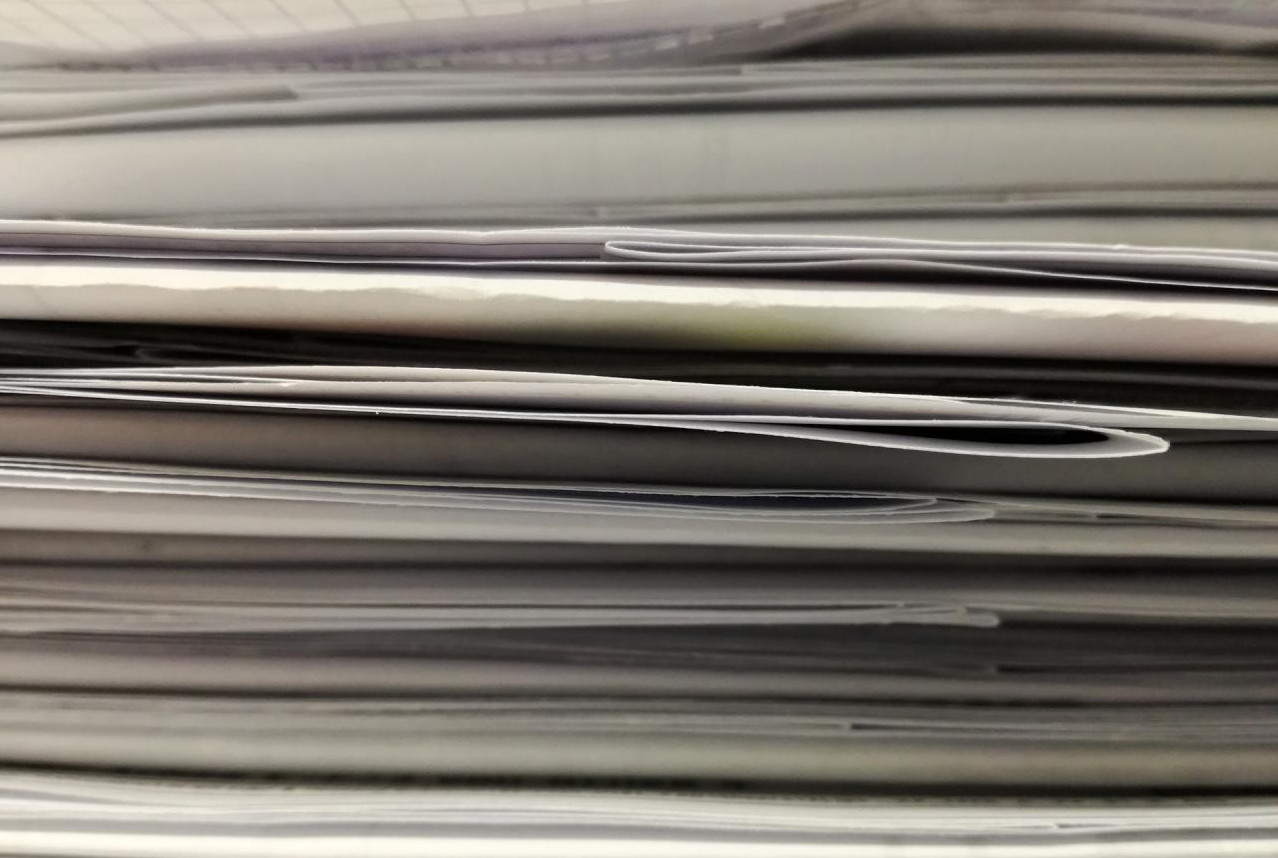Utilizing rushes as a raw material
In the newly launched I-Robi project, researchers at Hanover University of Applied Sciences and Arts want to develop new harvesting and utilization concepts for rushes and demonstrate the potential of this renewable raw material for industry.

Peatlands are huge carbon reservoirs and a hotspot of biodiversity. However, many moors in Germany have been drained in recent decades. Due to their importance for climate and species protection, the German government has put the renaturation and protection of wetlands on the political agenda with the National Moorland Protection Strategy 2022. This also requires new utilization concepts so that farmers can cultivate the renaturalized areas in a climate-friendly and profitable way. This is where the I-Robi project comes in.
Cultivation of rushes in rewetted moors
Researchers from the Institute for Bioplastics and Biocomposites (IfBB) at Hanover University of Applied Sciences and Arts want to prove that pure rush cultures are suitable for cultivation on rewetted moors and thus as a renewable raw material for new sustainable and bio-based products. The advantage: rush is available regionally in Lower Saxony and can therefore make a contribution to ecological sustainability by replacing conventional raw materials and simultaneously serving as a CO2 reservoir when grown in moorland.
Identifying potential for industrial use
The recently launched project therefore aims to develop specific harvesting and raw material utilization concepts for Lower Saxony and demonstrate the potential for the industrial use of rushes as a regional raw material for specific products. To this end, the researchers in Hanover want to process rushes into fibers and test the material in various applications - for example in the production of insulating materials or fillers for plastics. In addition, a life cycle assessment is to be drawn up for these products to demonstrate their sustainability potential.
Action guide for the rush harvest
In addition to developing suitable methods for the preparation and further processing of rushes, the team also wants to summarize the techniques required for harvesting the grass in a guide and make it available to the general public. According to the researchers, this would mean that farmers would no longer have to take care of the plants or dispose of the waste material.
The I-RoBi project is one of twelve new projects in the European Innovation Partnership (EIP) network and will receive 318,000 euros in funding over the next three years from the project sponsor, Hanover University of Applied Sciences and Arts.
bb


